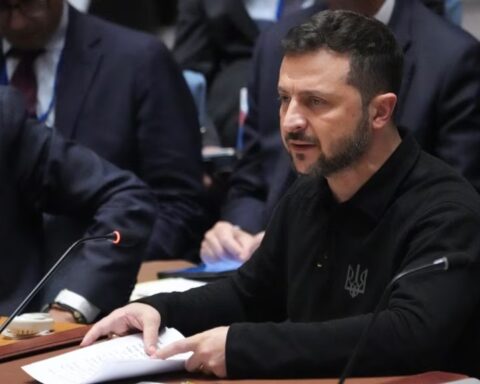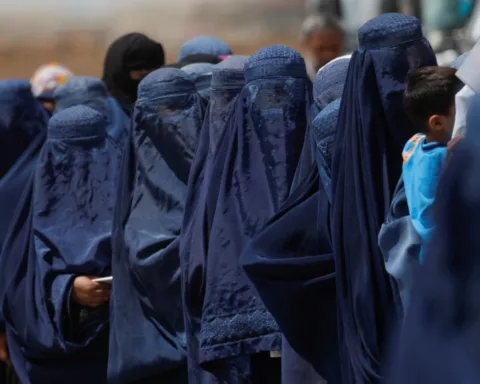UNAIDS adopted the new Global AIDS Strategy 2021–2026 during a special session, chaired by the Minister of Health of Namibia, held on 24 and 25 March 2021.
2020 targets unmet
The strategy updates the 2016 targets for 2020, which were not met, and was developed utilising extensive analysis of HIV data and input from more than 10,000 stakeholders from 160 countries.
It found the total resource needs for lower income, and lower-middle income countries, is around $13.7 billion. Donor resources are mainly needed for these countries.
For upper-middle income countries, which account for 53% of the investments needed, domestic resources are the predominant source of funding.
The strategy’s three priorities are to:
- Maximise equitable and equal access to comprehensive people-centred HIV services.
- Break down legal and societal barriers to achieving HIV outcomes.
- Fully resource and sustain HIV responses and integrate them into systems for health, social protection and humanitarian settings.
A key focus of the strategy is the call on countries to utilise the full potential of HIV prevention tools, especially for adolescent girls and young women in sub-Saharan Africa, sex workers, people who inject drugs, gay men and other men who have sex with men, transgender people and people in prison settings.
If the targets of the strategy are achieved:
- The number of people who newly acquire HIV will decrease from 1.7 million in 2019 to less than 370,000 by 2025.
- The number of people dying from AIDS-related illnesses will decrease from 690,000 in 2019 to less than 250,000 by 2025.
- The number of new HIV infections among children will drop from 150,000 in 2019, to less than 22,000 in 2025.. .
The strategy comes after the 2016 United Nations Political Declaration on Ending AIDS agreed to invest $26 billion in the HIV response by 2020.
Resources in low and middle income countries peaked in 2017 but they started decreasing in 2018.
The failure to achieve the targets has come at a tragic human cost: an additional 3.5 million people were infected with HIV and an additional 820 000 people died of AIDS-related illnesses between 2015 and 2020.
“We must not repeat the mistakes of the past”, said Jose Izazola, UNAIDS Special Advisor on Strategic Information and Evaluation. “The time to invest is now.”






